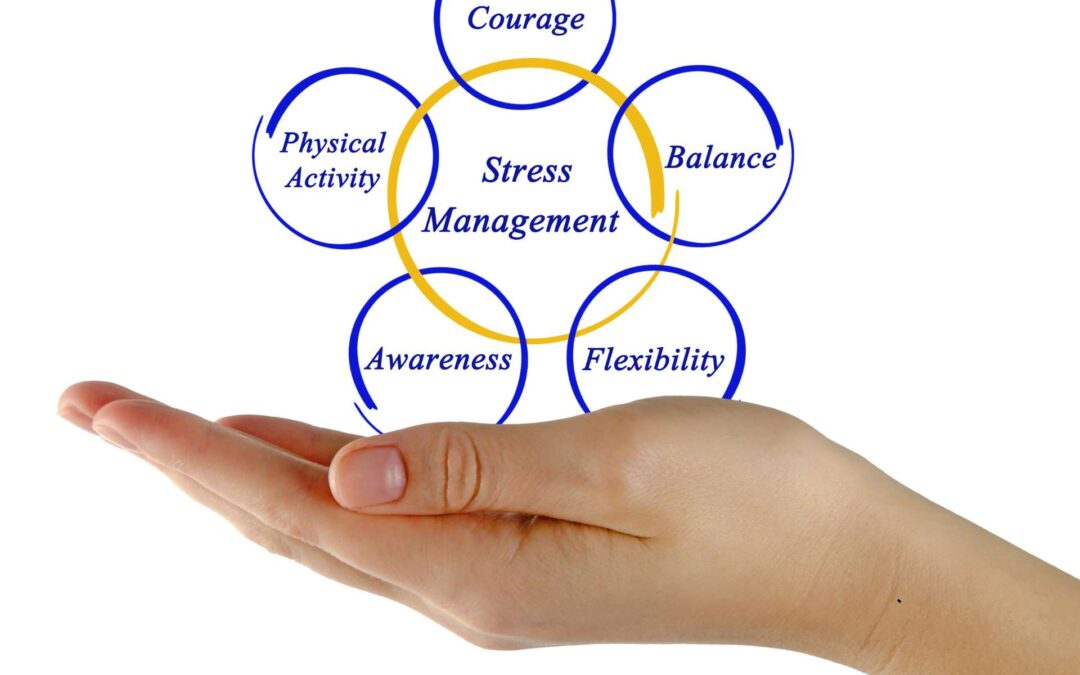A routine psychiatric assessment is a comprehensive evaluation of an individual’s mental health, designed to diagnose and understand mental health conditions, assess the impact on daily functioning, and develop an appropriate treatment plan. At New Insights Health & Wellness, we prioritize thorough psychiatric assessments to ensure our clients receive personalized and effective care. In this blog, we will explore what a routine psychiatric assessment entails, why it is important, and how it serves as the foundation for effective mental health treatment.
What is a Routine Psychiatric Assessment?
A routine psychiatric assessment is a detailed evaluation conducted by a mental health professional, such as a psychiatrist, psychologist, or clinical social worker. The goal of the assessment is to gather comprehensive information about the individual’s mental, emotional, and behavioral health. This evaluation helps identify any mental health conditions, understand their severity, and determine the most suitable treatment approach.
Why is a Routine Psychiatric Assessment Important?
Routine psychiatric assessments are crucial for several reasons:
- Accurate Diagnosis:A thorough assessment allows mental health professionals to accurately diagnose mental health conditions. This is vital for developing an effective treatment plan that addresses the specific needs of the individual.
- Understanding the Individual’s Needs:Each person’s experience with mental health is unique. A psychiatric assessment provides a deeper understanding of an individual’s symptoms, triggers, and personal history, which informs a tailored approach to treatment.
- Baseline for Treatment:The assessment serves as a baseline for treatment, helping to monitor progress over time and make necessary adjustments to the treatment plan.
- Identifying Comorbid Conditions:Many individuals experience more than one mental health condition simultaneously, such as anxiety and depression. A comprehensive assessment helps identify comorbid conditions, ensuring that all aspects of a person’s mental health are addressed.
Components of a Routine Psychiatric Assessment
A routine psychiatric assessment typically includes several components designed to gather a holistic view of the individual’s mental health. Here are the key elements involved:
- Clinical Interview:
The clinical interview is the core component of the psychiatric assessment. During this interview, the mental health professional asks questions about the individual’s current symptoms, emotional state, thoughts, behaviors, and life experiences. The interview also covers personal history, including:
- Presenting Concerns:Understanding the primary reasons for seeking help, including specific symptoms, distressing thoughts, or behaviors.
- Psychiatric History:Gathering information about any past mental health issues, previous diagnoses, treatments, hospitalizations, or therapy.
- Medical History:Reviewing any physical health conditions, medications, or treatments that could impact mental health.
- Family History:Identifying any family history of mental health conditions, which can provide insight into potential genetic or environmental factors.
- Substance Use:Discussing the use of alcohol, drugs, or other substances that might affect mental health or treatment outcomes.
- Social and Developmental History:Understanding the individual’s background, including education, employment, relationships, and significant life events that may influence mental health.
- Mental Status Examination (MSE):
The Mental Status Examination (MSE) is a structured assessment of the individual’s current mental state. It provides a snapshot of how the individual is functioning at the time of the assessment and covers several areas, including:
- Appearance and Behavior:Observations of the individual’s appearance, grooming, body language, and general behavior.
- Mood and Affect:Evaluating the individual’s reported mood (how they feel internally) and affect (how their mood is expressed outwardly).
- Speech and Thought Process:Assessing the speed, volume, and coherence of speech, as well as the organization and content of thought processes.
- Cognition:Testing cognitive functions, such as memory, attention, concentration, and orientation to time, place, and person.
- Insight and Judgment:Evaluating the individual’s understanding of their mental health condition and their ability to make informed decisions.
- Psychological Testing:
In some cases, psychological tests may be used to further assess cognitive abilities, personality traits, or specific mental health conditions. These tests can provide additional information that complements the clinical interview and MSE. Common tests include:
- Cognitive Assessments:Tools such as the Mini-Mental State Examination (MMSE) or Montreal Cognitive Assessment (MoCA) to evaluate cognitive function.
- Personality Inventories:Tests like the Minnesota Multiphasic Personality Inventory (MMPI) or the Beck Depression Inventory (BDI) to assess personality traits or severity of symptoms.
- Screening Tools:Questionnaires such as the Generalized Anxiety Disorder 7-item scale (GAD-7) or the Patient Health Questionnaire-9 (PHQ-9) to screen for specific conditions like anxiety or depression.
- Risk Assessment:
A crucial part of the psychiatric assessment is evaluating the risk of harm to self or others. This involves discussing any thoughts of self-harm, suicide, or violence and assessing the severity and immediacy of these risks. If there is a significant risk, the mental health professional will work with the individual to develop a safety plan and may involve other supports or interventions. - Formulation and Diagnosis:
Based on the information gathered during the assessment, the mental health professional develops a formulation, which is a comprehensive summary of the individual’s condition. This formulation integrates the biological, psychological, and social factors contributing to the individual’s mental health issues. The clinician then makes a diagnosis, if appropriate, using criteria from the Diagnostic and Statistical Manual of Mental Disorders (DSM-5) or other relevant guidelines.
Developing a Treatment Plan
Following the psychiatric assessment, a personalized treatment plan is developed. This plan may include a combination of therapies, such as cognitive-behavioral therapy (CBT), medication management, lifestyle changes, and support services. The treatment plan is designed to address the specific needs of the individual and is adjusted over time based on their progress and any new concerns that arise.
The Role of Routine Psychiatric Assessments at New Insights Behavioral Health
At New Insights Behavioral Health, we believe that a thorough psychiatric assessment is the foundation for effective mental health care. Our team of experienced mental health professionals is dedicated to providing comprehensive assessments that consider the unique needs and circumstances of each individual. We work closely with our clients to develop personalized treatment plans through therapy and medication management that promote healing, growth, and overall well-being.
Routine psychiatric assessments are a vital component of mental health care, providing the foundation for accurate diagnosis and effective treatment planning. At New Insights Behavioral Health, we are committed to delivering comprehensive assessments that help our clients achieve their mental health goals. If you or a loved one is struggling with mental health challenges and could benefit from a psychiatric assessment, please contact us today and fill out a new patient form to schedule an appointment.






